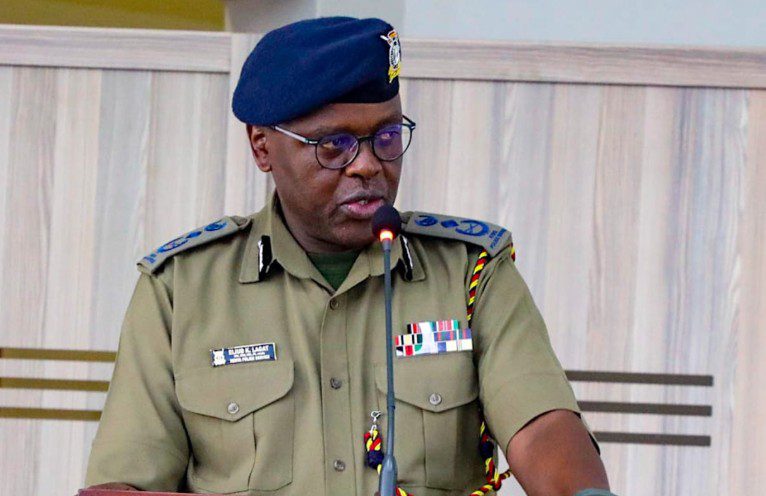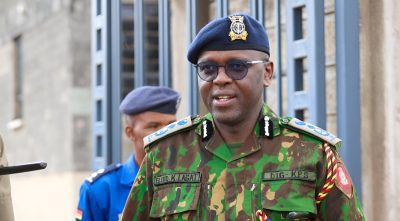
Why DIG Eliud Lagat Was Not Suspended – Police Commission Explains
The National Police Service Commission (NPSC) has clarified why Deputy Inspector General (DIG) Eliud Lagat has not been suspended, despite calls for disciplinary action following the death of Homa Bay teacher and blogger Albert Ojwang.
NPSC: Lack of Legal Mandate to Remove Lagat
NPSC Chief Executive Officer Peter Kiptanui Leley told the court that the commission lacks the legal authority to initiate the removal of Lagat from office. Leley explained that as a commissioner within the NPSC and a state officer, disciplinary action against the DIG can only be recommended by the Inspector General (IG) of Police. So far, IG Douglas Kanja has not submitted any such request.
Leley referenced Sections 88 and 89 of the NPSC Act, which outline disciplinary offences applicable to National Police Service (NPS) members. He added that these sections, together with the NPS Service Standing Orders (SSO) and NPSC discipline regulations, define the procedures for disciplinary proceedings.
“DIGs Are Under IG’s Command”
“While the DIGs are members of the NPS under the command of the IG and subject to discipline, Section 8A clearly states that DIGs shall command, control and administer the services for which they are responsible,” Leley said in his statement.
He added: “There is no legal basis for the claim that the NPSC should have initiated disciplinary action under the NPS Act in light of the Eighth Schedule to Cap 84 and Sections 88 and 89 of the NPSC Act, Cap 85.”
Responding to Court Petition
Leley was responding to a petition filed by activist Eliud Matindi, who sued the NPSC for allegedly failing to take action against Lagat. The DIG has been linked to the death of Albert Ojwang, who died in police custody on June 8, 2025, at Nairobi’s Central Police Station.
Ojwang was arrested by the Directorate of Criminal Investigations (DCI) after a cyberbullying complaint filed by Lagat. Reports initially suggested Lagat had stepped aside to allow investigations, but he later clarified he was simply on leave.
NPSC Waiting for Investigations to Conclude
Leley further noted that queries about the use or abuse of police powers not falling under disciplinary action could attract civil or criminal liability, or be handled under other laws by oversight authorities.
“The commission acknowledges its responsibility to act on misconduct but is legally bound to await investigation reports from authorised entities like the Internal Affairs Unit (IAU) or Parliament. Once investigations into Ojwang’s death are complete, the NPSC will consider any necessary disciplinary action,” Leley stated.
He also emphasised that Section 10(1)(g) of the NPSC Act prohibits the commission from undertaking criminal investigations, limiting its role to disciplinary actions based on reports from the IG or other legal authorities.
Ongoing Investigations
The NPSC has confirmed its awareness of the ongoing investigations and assured the public of its commitment to transparency and accountability within the police service.
For updates on this story and more Kenyan security news, visit TheStar.co.ke.


